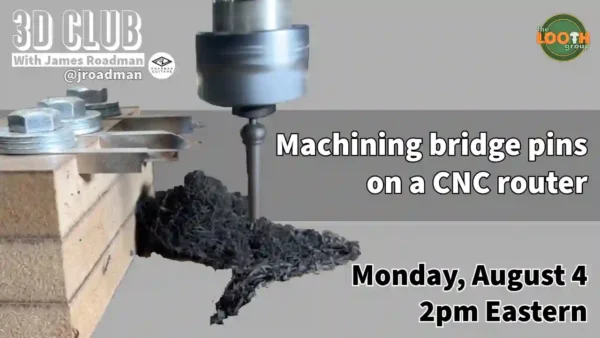We Are Unbelievably Sorry, But This Post Is For
Members
Want the full experience? Unlock all our premium content—including deep dives, exclusives, and more—by joining The Looth Group on Patreon.

If you have questions about membership, please email ian.davlin@gmail.com
How Smart is Your Shop?
Related posts





Responses
Home assistant is so amazing! thank you for touching on that one. I’ve dropped my power bill $300 a month with automations around the shop/home. I hear Samsung smart things is starting to catch up a bit for people looking for something that’s a bit more plug and play. the matter system really has opened some doors with compatibility. Apple has their own ecosystem for that stuff too for people in that fan club, again matter has made that much less gated
Home Assistant Green is only $99 I highly recommended it for anyone tech savvy looking for a super solid home automation setup.
personal recommendation too is if your set up for it go with zigbee or zwave for your sensors and switches, they create a mesh so the more you add the better the network gets (as long as your adding bridge products and not just endpoints)
i learned the hard way getting to many wifi devices and choked my network pretty hard and had communication issues after a while, its all gotten better since that happened but look for things that mesh either way if possible
I’ll be doing a little chat on Feb 2 on some of the basics and try to help you understand all the jargon. There are a lot of things to consider, but my goal is to break it down into simple decisions you can make that will help you decide what path to take. Buck, I’d love for you to be there to fill any gaps!